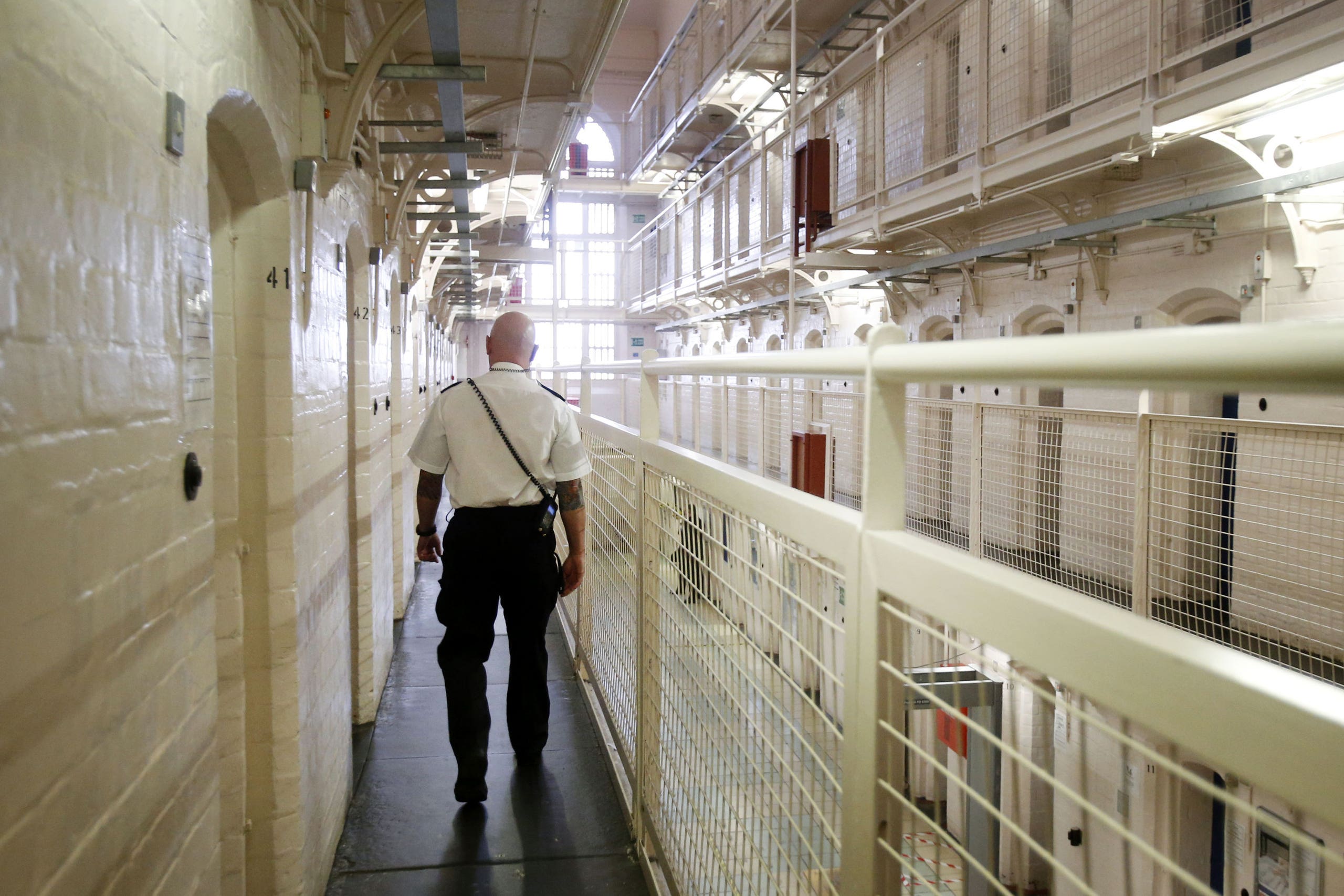National debate on sentencing needed ‘to correct dysfunctional conversation’
The call comes from the cross-party Justice Committee in a new 61-page report, which calls for serious engagement with the public by the Government.

Your support helps us to tell the story
From reproductive rights to climate change to Big Tech, The Independent is on the ground when the story is developing. Whether it's investigating the financials of Elon Musk's pro-Trump PAC or producing our latest documentary, 'The A Word', which shines a light on the American women fighting for reproductive rights, we know how important it is to parse out the facts from the messaging.
At such a critical moment in US history, we need reporters on the ground. Your donation allows us to keep sending journalists to speak to both sides of the story.
The Independent is trusted by Americans across the entire political spectrum. And unlike many other quality news outlets, we choose not to lock Americans out of our reporting and analysis with paywalls. We believe quality journalism should be available to everyone, paid for by those who can afford it.
Your support makes all the difference.A national debate is needed on sentencing, MPs have said, as they warned that public discussion is trapped in a “dysfunctional and reactive cycle”.
The call comes from the cross-party Justice Committee in a new 61-page report, which calls for serious engagement with the public by the Government to foster a better understanding of the complexities of sentencing.
The committee, chaired by senior Tory MP and barrister Sir Bob Neil, warned that there is a “significant gap” in public information on sentencing, even after years of what MPs call a “hardening” of opinion on the matter.
MPs commissioned a poll of more than 2,000 adults in England and Wales to inform the report, as well as a hosting a set of three half-day engagement sessions to discuss public views on sentencing.
The polling, carried out between the end of February and the start of March this year, found that only 22% of those surveyed knew that Parliament was responsible for setting maximum sentences.
Improvements to open justice, such as the broadcasting of sentencing remarks, need to be built upon, including through some of the recommendations outlined in this report
It also found that significant numbers of those polled wanted tougher sentences for several serious offences.
The report comes as the Government remains under pressure over overcrowding in British prisons, with just over 88,000 people currently incarcerated in England and Wales.
MPs warned that an enduring view among voters that sentencing is not severe enough represents “a significant long-term public policy challenge that needs to be addressed”.
“Our own polling indicates that the majority of the public support further increases to the severity of sentences for the gravest criminal offences,” Sir Bob said.
“It is vital that policymakers adopt a consistent and principled response to maintaining public confidence in response to the challenge of the public’s position on sentencing severity.
“Instead of simply adopting a reactive approach to sentencing policy, the Government should develop a structured mechanism for engaging the public on sentencing policy.”
MPs recommend that the ministers should seek to actively engage with the public on sentencing policy, suggesting the use of deliberative engagement exercises.
The report also suggests that the Government should create an independent advisory panel on sentencing that would consider proposed changes to sentencing policy and provide advice to ministers.
Sir Bob said: “Everyone involved in, or responsible for, the criminal justice system needs to take the duty to ensure public confidence extremely seriously.
“Stripping away unnecessary complexity in sentencing must also be prioritised to facilitate improved public debate.
“Improvements to open justice, such as the broadcasting of sentencing remarks, need to be built upon, including through some of the recommendations outlined in this report.
“Even if it is not possible to say that direct contact with, or information about, the criminal justice system will necessarily lead to improved confidence, it is undoubtedly a public good to encourage more of the public to know about the justice which is done in their name.”
Elsewhere in the report, MPs call for all sentencing remarks to be published, and that victims and victims’ families should have “ready and free” access to sentencing remarks.
The committee also said that offenders should have better access to information about sentencing, as well as receiving a hard copy of a judges’ sentencing remarks.
A Ministry of Justice spokesman said: “The Government has increased sentences for serious offences including child cruelty and causing death by dangerous driving and plans to change the law to make rapists serve their full custodial term in prison and make whole life orders the default for more killers.
“We have also made it easier for the public to understand judges’ sentencing decisions by enabling their remarks to be broadcast publicly, building their confidence in the criminal justice system.”